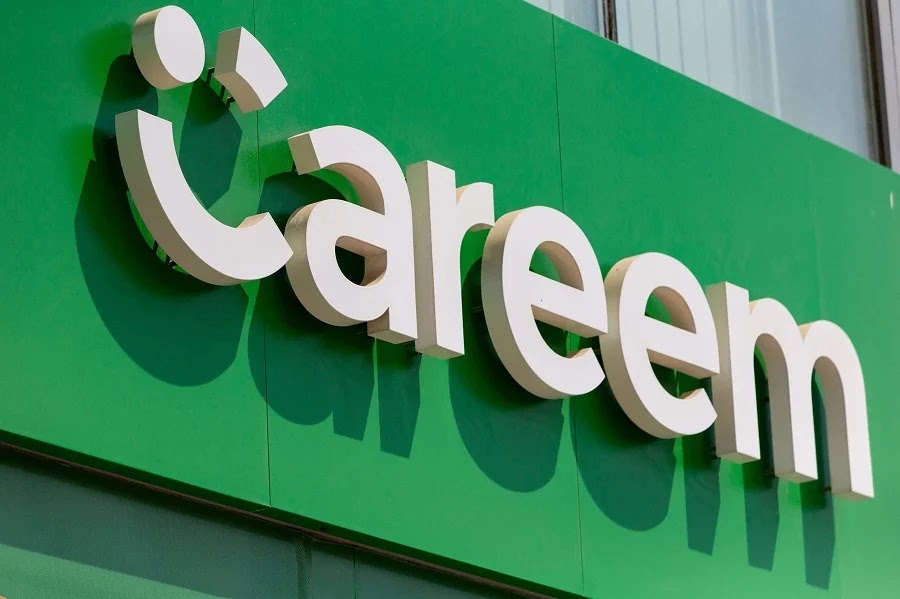Careem Egypt Adapts to Fuel Price Surge: A 10% Fare Hike on the Horizon
In the wake of the
government's decision to hike fuel prices on Friday, Careem Egypt, a leading
ride-hailing service, has announced an upward revision of its fare structure by
up to 10%. This adjustment reflects the company’s effort to cope with the increased
operational costs following the fuel price surge.
Understanding the Fare Increase
Careem Egypt has
communicated to its captains that the minimum fare for its 'Go' category will
now be 27.5 EGP, up from 25.30 EGP. This change is implemented to ensure that
their drivers, who are always a top priority for the company, can maintain a
favorable income despite the rise in fuel costs.
Fuel Price Adjustment Details
The Minister of
Petroleum has marked the new fuel prices with 80-octane gasoline now costing 10
EGP per liter, a significant rise from the previous 8.75 EGP. Meanwhile,
92-octane gasoline has increased to 11.50 EGP from 10.25 EGP, and 95-octane
gasoline has jumped from 11.5 EGP to 12.5 EGP per liter.
Careem's Proactive Approach
Careem Egypt stands as
the first smart transportation company in Egypt to announce a revision of its
rates following the petrol price increase. Other industry players are expected
to gradually reveal their new pricing strategies in the coming days.
Impact on the Transport Sector
This fare revision is
not just about adjusting to fuel prices; it reflects the broader impact on the
transportation sector in Egypt. It could signal a series of changes as
businesses strive to balance customer satisfaction with operational
sustainability.
The Ripple Effect on the Economy
The increased fares by
Careem are an early indicator of the ripple effects that the fuel price hike is
likely to have across various sectors. As transportation costs go up, there may
be a consequential impact on the pricing of goods and services across the
board.
Consumer Response and Adaptation
Consumers will need to
adapt to the fare increases for their daily commutes. The change may also
influence the way Egyptians use ride-hailing services, potentially affecting
the frequency and nature of trips.
Digital Ride-Hailing: A Sector in Flux
The digital
ride-hailing industry, which has transformed urban mobility in Egypt, finds
itself at another point of adaptation. These services have become integral to
the daily lives of many Egyptians, and how they respond to these changes will
be crucial for their continued success.
The Balancing Act: Costs vs. Customer Loyalty
For Careem, the
challenge will be to implement the fare increase without compromising customer
loyalty. The company must ensure that their service remains attractive to
users, balancing affordability with the need to cover increased costs.
Future Predictions for Ride-Hailing Services
As the dust settles on
the latest fuel price adjustments, there may be more changes on the horizon for
the ride-hailing sector. These companies might explore alternative strategies,
such as loyalty programs or dynamic pricing models, to retain customers.
Environmental Considerations and Alternative Fuels
The rise in fuel
prices might also push companies and consumers to consider vehicles with
alternative fuel sources or electric models. This shift could have a
significant environmental impact and potentially offer a buffer against future
fuel price volatility.
Finally: Navigating the New Landscape
Careem Egypt's fare
hike in response to fuel price increases is a telling sign of the times. It
underscores the delicate balance ride-hailing services must maintain between
their operational costs and market competitiveness. As the industry navigates
this new economic landscape, it is likely to explore innovative solutions to
sustain growth, maintain customer base, and encourage eco-friendly practices.
Customers, on their end, will have to adjust to the new pricing, which may
redefine the parameters of ride-hailing services' use in Egypt's evolving
transportation scene.



